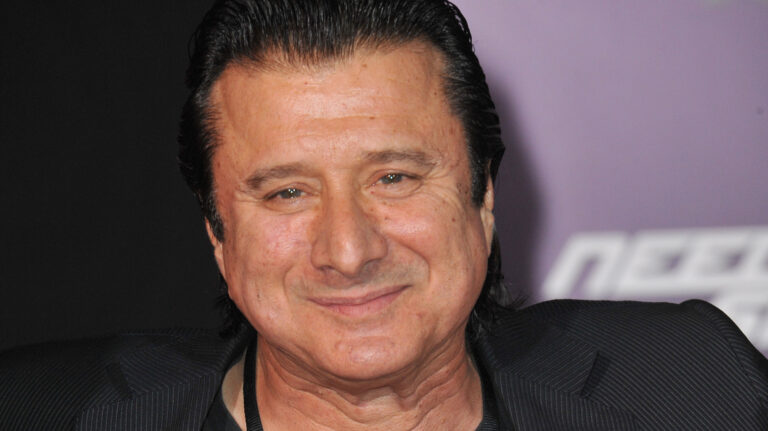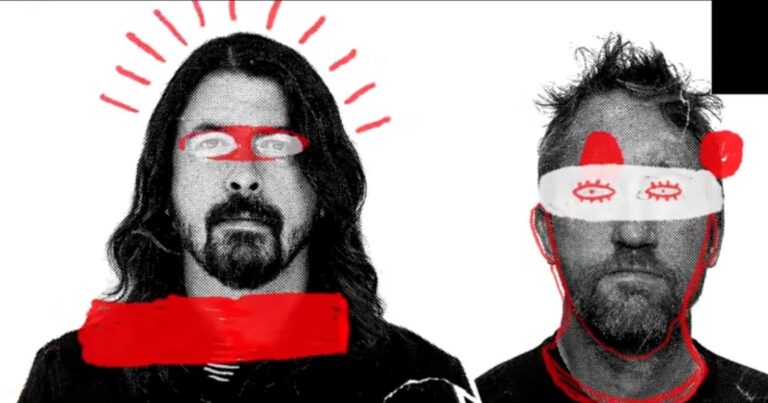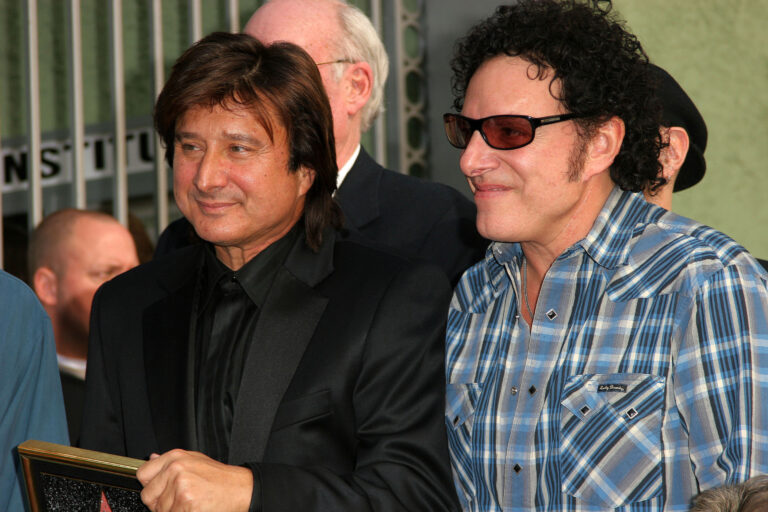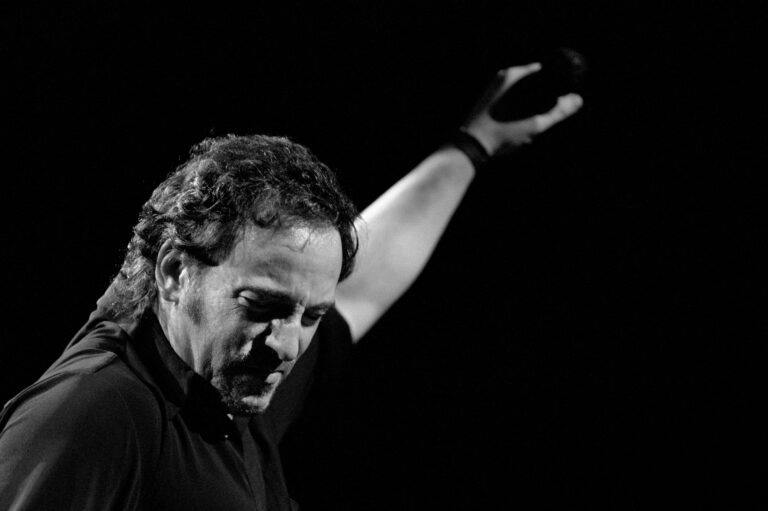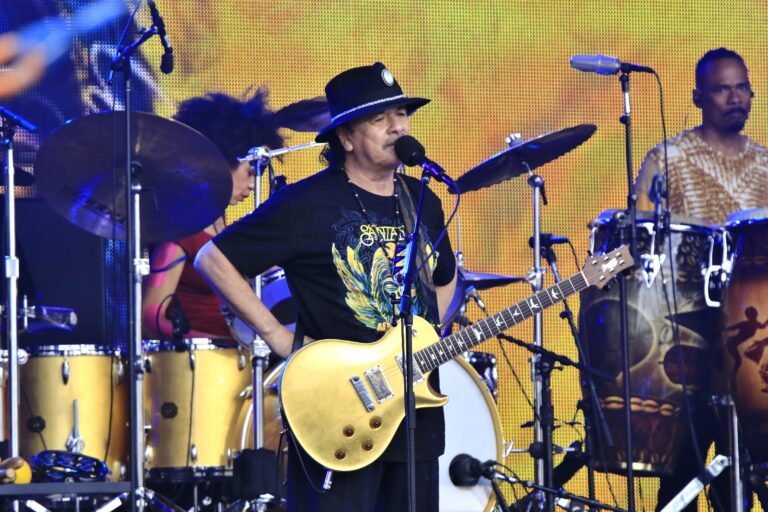
Roger Waters Risks Jail Time During Political Protest
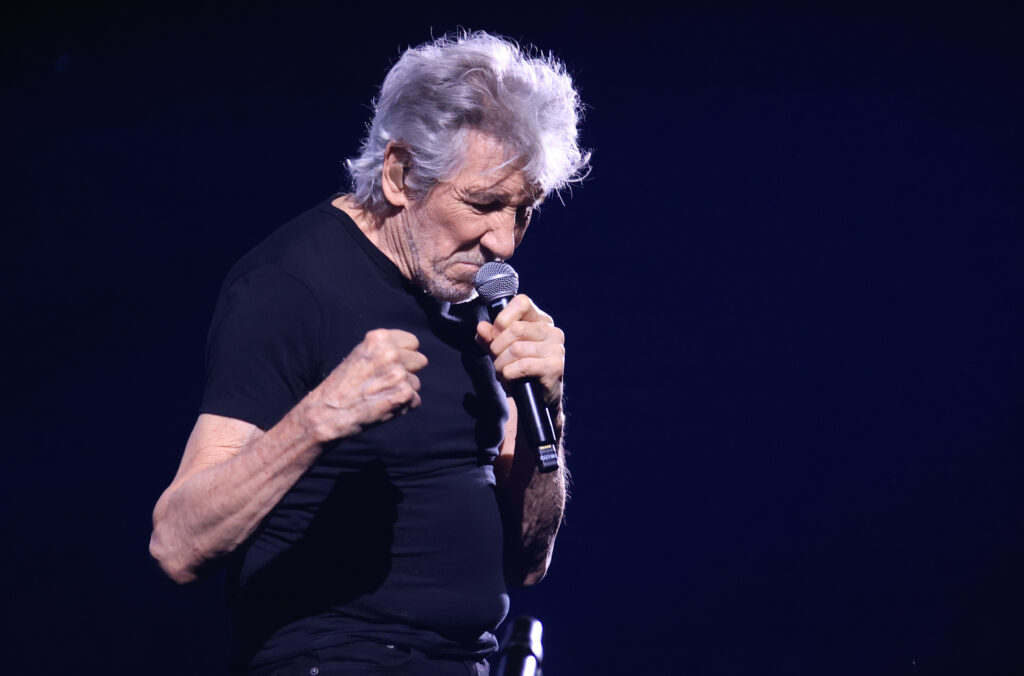
Roger Waters, former member of the iconic rock band Pink Floyd, finds himself at the center of legal controversy following his outspoken support for Palestine Action, a group recently proscribed as a terrorist organization in the United Kingdom. This development unfolds against a turbulent backdrop where advocacy, politics, and legal boundaries intersect, drawing significant media scrutiny and public debate. Waters, known for his provocative political stances, recently released a video on the platform X, where he hailed Palestine Action as a “great organization” and dismissed the characterization of the group as violent or terrorist-affiliated. In his video, Waters criticized the UK government's decision to ban the group and declared his independence from what he perceives as a corrupt government. This declaration comes after the UK government voted to outlaw Palestine Action under anti-terrorism laws, framing support or association with the group as a criminal offense, potentially leading to hefty fines or even a 14-year prison sentence.
The controversy escalated as Waters' actions were noticed by the Campaign Against Antisemitism (CAA), an organization committed to combatting antisemitism through rigorous legal measures. The CAA is actively pursuing a private prosecution against Waters, arguing that his open endorsement of a proscribed group constitutes a breach of Section 12 of the UK's Terrorism Act 2000. This particular section criminalizes the expression of support for a banned organization if such expressions could reasonably encourage others to support the group. Waters' video, viewed nearly 400,000 times, has therefore become a focal point for legal and ethical debates about the limits of expression and the responsibility of public figures.
As a part of his public statement, Waters showed solidarity with the lead singer of Bob Vylan, a rap-punk artist known for anti-Israel rhetoric at major public events. By aligning with these statements, Waters endorses a broader narrative critical of Israeli policies, a stance that often ignites fierce reactions across the political spectrum. This scenario is further complicated by Palestine Action's known involvement in direct actions against entities like Elbit Systems, an Israeli defense contractor. These activities include significant property damage at an RAF base — an incident that illustrates the group's operational willingness to engage in forms of protest that intersect with the legal definitions of terrorism under UK law.
The situation is further compounded by Waters' historical critiques of Israeli policies, which some observers suggest border on antisemitism, a charge he fervently denies. This aspect of the narrative surfaces frequently in media discussions, with Waters' detractors and supporters firmly entrenched in their respective views on the legitimacy and motivations behind his advocacy. The controversy invites broader reflections on the nature of protest, freedom of speech, and the responsibilities of public figures in using their platforms to make political statements.
As the legal ramifications unfold, Waters’ case presents a significant test of the balance between freedom of expression and the enforcement of anti-terrorism laws designed to preserve public safety. While some view Waters' actions as a necessary form of protest against what they perceive as moral injustices, others argue that his support of a group involved in potentially violent activities crosses a legal and ethical line. The outcome of this legal proceeding could have far-reaching implications for similar cases in the future, setting vital precedents for how expressions of political support are judged within the framework of anti-terrorism legislation in the UK. The case against Waters encapsulates the tensions of our era, as individuals and societies grapple with defining the boundaries of acceptable dissent in a world where the lines between activism and illegality are continually scrutinized.
Key Takeaways
-
www.telegraph.co.uk | Palestine Action was banned by the UK government after being labeled a terrorist organization due to its aggressive tactics against Israeli interests in the UK.
-
ultimateclassicrock.com | The Campaign Against Antisemitism stated they would initiate a private prosecution of Waters if official prosecution fails, based on his endorsement of the banned group.
-
www.telegraph.co.uk | Waters declared his support for Palestine Action on the same day the group was officially proscribed by the British Parliament, challenging the government's stance on the matter.
Related Stories
Steve Perry Considers a Possible Journey Reunion in 2026
Steve Perry remains one of the most iconic voices in rock history and his legacy is inseparable from Journey’s most…








